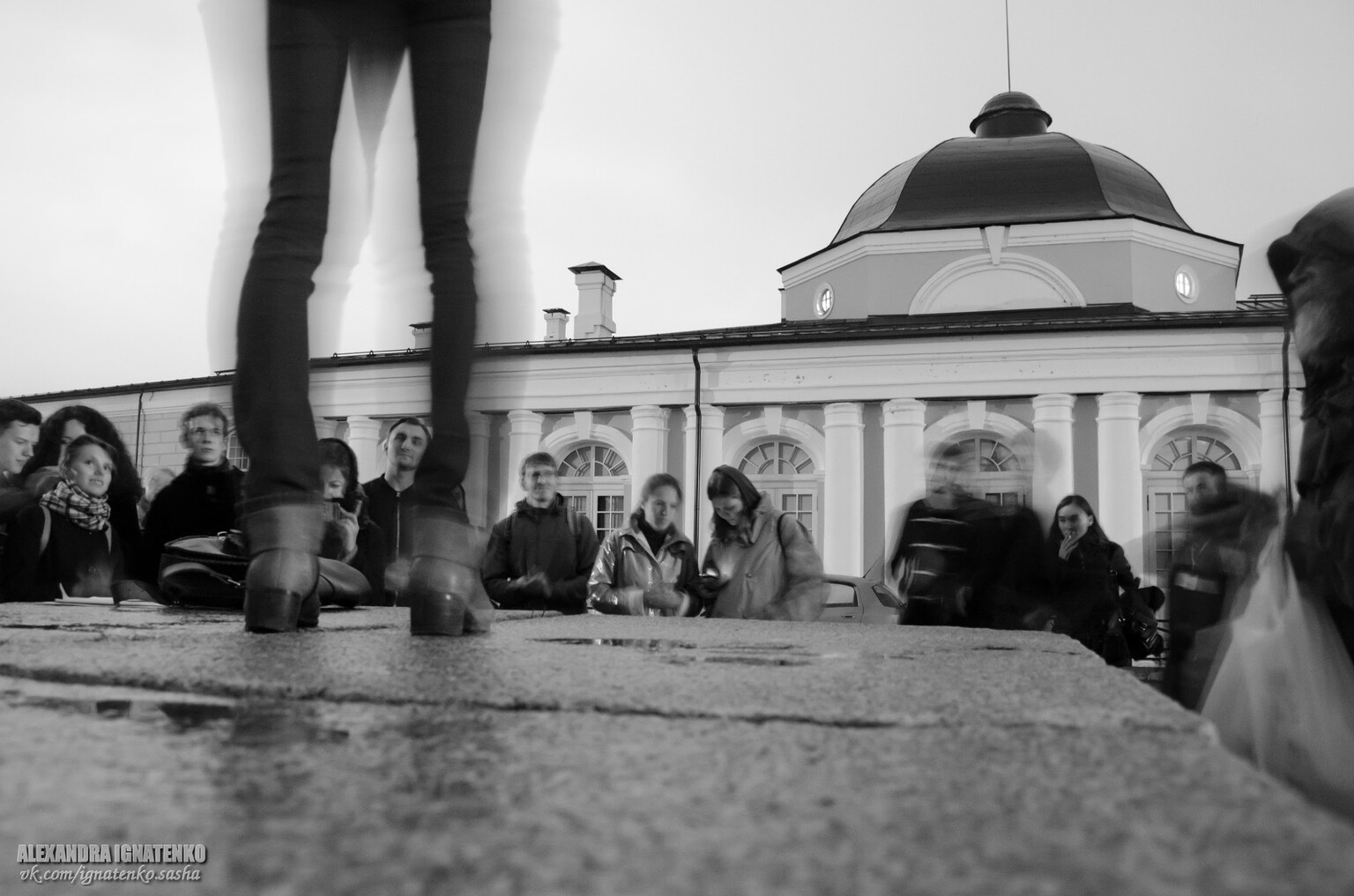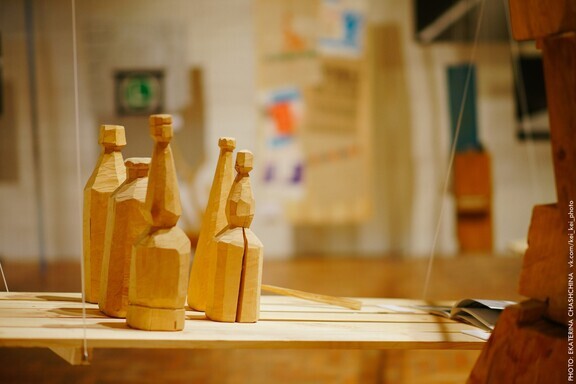Talk

Open Lecture: Ekaterina Sharova - Research in the Arctic North: Come out as a peasant!?
Ekaterina Sharova (Arkhangelsk, 1982) is educator, art historian, curator and producer working with ecology, arts and culture in the Arctic region.
It is with great pleasure I can announce an open lecture by Ekaterina Sharova October 16th - 9.00-10.30 : Grouproom 2, Kunstfag, 1st loor/2.etg.
I will discuss the role of arts in the border area in the North, and the North as a public space which exists in the condition of the global militarization and environmental crisis, bringing examples from Euro-Arctic region of Russia and the border area between Russia, Norway and Finland. Since 2014, I have been involved in placemaking processes in Euro-Arctic Russia, working with interdisciplinary projects in public space and creating new meeting places. In Murmansk and Arkhangelsk, there are no contemporary art galleries. The absence of these can be liberating, when curators and artists use abandoned construction sites, piers, abandoned schools, former Soviet factories, city monuments, and former cultural houses as their playground. Ecology of culture, sustainable development, organic ways of meaning production and recreating the Post-Utopian heritage are important in this context.
I started my curatorial practice with an activist approach, having brought Russian artists Petr Pavlensky and Pussy Riot to Norway. After co-curating the First Supper Supper Symposium in 2014, where Judith Butler and Rosi Braidotti met Russian feminist artists, I became aware of the role of the media in production of meaning and - in this case - the history of art. In 2015, I moved back to Russia with a goal to put my native North on the map of contemporary art, as well as to rediscover the ancient heritage of my Northern ancestors, which my generation has never learnt in school. Together with other artists, sociologists, researchers I co-created Arctic Art Institute. The grassroots team of young artists, students and cultural workers curated several artistic events bringing together educational, cultural institutions from Northern Russia, Norway, Sweden, Finland and Alaska for a dialogue about contemporary art, creative industries, ecology of culture, and sustainable development. In 2019, the artist collective has made three international art forums involving some of the most progressive culture and education professionals in Euro-Arctic Russia and international partners, has projects with Garage Museum of Contemporary Art, NEMOSKVA and other key institutions in Russia.
Working in a context of perpetual militarization, introduction of military education and ecological crisis, where “contemporary art” and “creative industries” have hardly existed as terms, can bring many challenges. What practices in public space were effective, and what were not? How to place the art work in the middle of the everyday processes inside the institution or outside, on the streets, and make it visible? How does an art work grow?
During the workshop, I will discuss the following questions:
1. The canon vs. the power - the Empire perspective
2. Nationalist agenda vs. decolonial feminist agenda
3. Placemaking and spacemaking. 4. How to come out as a peasant
More about Arctic Art Institute
